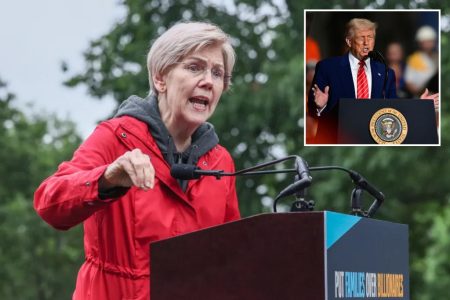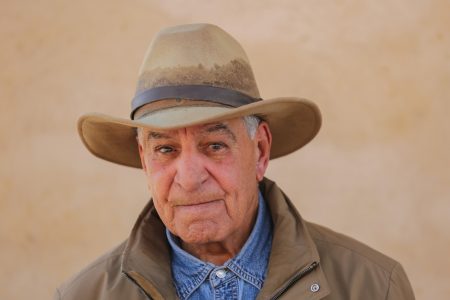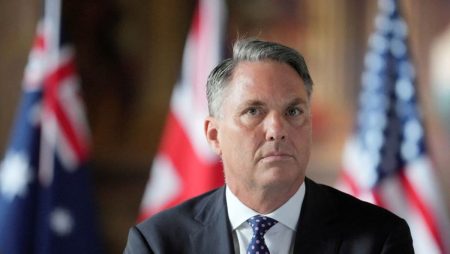The dawn of 2025 witnesses a renewed surge in migrant caravans traversing Mexico towards the United States, driven by the impending inauguration of President-elect Donald Trump and his stringent immigration policies. A caravan comprising 2,000 individuals is currently making its way north, hoping to cross the border before Trump assumes office on January 20th. This caravan represents the tenth such group formed since October 2024, marking a significant increase in northward migration. The looming deadline of Trump’s inauguration fuels a sense of urgency among migrants, who fear the promised crackdown on undocumented immigration. This urgency further strains resources and exacerbates the already complex situation at the US-Mexico border.
The migrants embarking on this perilous journey are propelled by a combination of factors, including economic hardship, violence, and political instability in their home countries. They seek refuge and opportunity in the United States, clinging to the hope of a more secure and prosperous future. Caravan organizers advocate for a “humanitarian” agreement between the US and Mexico, emphasizing the migrants’ desperation and their need for protection. They argue that these individuals are not criminals but rather individuals seeking a chance at a better life, and their pleas underscore the human dimension of this large-scale migration. The caravan’s journey highlights the urgent need for comprehensive immigration reform that addresses the root causes of migration while upholding human rights and dignity.
Shelters in northern Mexico are bracing for a significant influx of migrants, anticipating a surge in arrivals both before and after Trump’s inauguration. The prospect of mass deportations under the new administration creates a sense of apprehension among migrants and aid organizations alike. Shelter operators express concern about their capacity to accommodate the growing number of arrivals, highlighting the strain on resources and the need for increased support. The Rev. Francisco Gonzalez, who oversees eleven shelters in northern Mexico, is actively preparing to receive those attempting to cross before Trump takes office. This proactive approach underscores the commitment of humanitarian organizations to provide assistance and support to vulnerable migrants during this uncertain period.
Mexican President Claudia Sheinbaum Pardo has expressed her disapproval of Trump’s proposed mass deportation plan, signaling a potential point of contention between the two countries. Sheinbaum has indicated a willingness to collaborate with the US government on alternative solutions, suggesting a preference for returning non-Mexican migrants to their countries of origin. This stance reflects Mexico’s complex position in the migration dynamic, balancing its own domestic concerns with the need for international cooperation. Sheinbaum’s commitment to receiving and supporting migrants, regardless of their nationality, underscores a humanitarian approach to the unfolding crisis. This approach contrasts with the anticipated hardline stance of the incoming US administration, potentially setting the stage for diplomatic negotiations and disagreements between the two nations.
The migrant caravan’s journey unfolds against a backdrop of heightened political rhetoric and policy debates surrounding immigration. The Trump administration’s focus on border security and stricter immigration enforcement raises concerns about the potential human cost of these policies. Advocates for migrants emphasize the need for humane and compassionate solutions that address the root causes of migration. They argue that punitive measures alone will not solve the complex challenges posed by large-scale migration and may, in fact, exacerbate the humanitarian crisis. The caravan’s plight serves as a stark reminder of the human faces behind the political rhetoric, underscoring the need for a balanced and comprehensive approach to immigration reform.
The unfolding situation at the US-Mexico border presents a complex challenge with far-reaching implications. The confluence of factors driving migration, the political landscape, and the humanitarian concerns requires a nuanced and multifaceted response. The migrant caravan’s journey symbolizes the human cost of displacement and the urgent need for international cooperation to address the root causes of migration, provide protection to vulnerable individuals, and develop sustainable solutions that uphold human rights and dignity. The coming weeks and months will be crucial in determining the fate of these migrants and the future direction of US-Mexico relations on immigration. The international community will be watching closely as this human drama unfolds, holding all parties accountable for their actions and advocating for humane and just solutions to this complex challenge.










